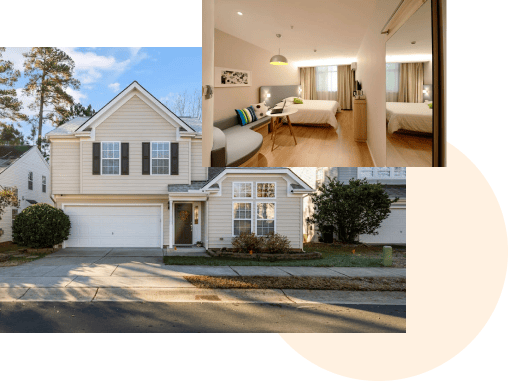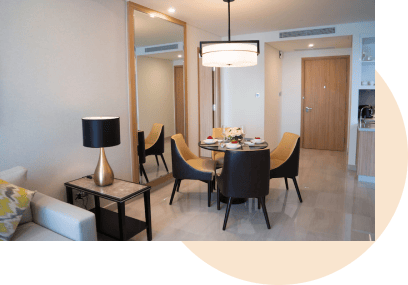Real estate is an inflation hedge.
Investment real estate is one of the best inflation hedges, as both the property’s value and its rental income rise with inflation.
JVM Lending’s advisors are experts when it comes to every type of investor financing:

DID YOU KNOW?
- U.S. Census Bureau, 2022
(We love helping our clients build real wealth.)

Investment real estate is one of the best inflation hedges, as both the property’s value and its rental income rise with inflation.
The typical homeowner has a 40x higher net worth than non-homeowners – and that multiple is even higher for real estate investors.
In 2022, for example, when the media were screaming about a pending housing crash, Blackstone and JP Morgan set up billion dollar funds to buy residential real estate. You can read about it here and here.
(1) Rental income; (2) Equity Capture (from finding deals, and rehabbing); (3) Appreciation; (4) Forced Savings/Principal Paydown; and (5) Tax advantages from depreciation and expense write-offs.

Down payment requirements range from 20% for conforming (Fannie Mae and Freddie Mac) loans to 40% for our best jumbo investors. For optimal financing, however, we recommend at least 25% down, as interest rates are significantly higher for loans with less than 25% down.
We only recommend lower down payment loans for investors who do not plan to keep their properties and/or their mortgages for more than a year.
Mortgage interest rates for even the best investment property financing with 25% down are about 1/2% higher than the rates associated with primary residence financing. Interest rates are much as 2% higher for investment property loans with smaller down payments.
Other factors that impact interest rates include credit score, property type (multiple unit properties sometimes have higher rates), and loan amounts (very small and very large loans often have higher rates).
While investors can obtain both fixed and adjustable rate mortgages, we primarily recommend 30 year fixed rate loans for a variety of reasons. These reasons include the cost of the loans as well as the security that comes with a 30-year fixed rate.
House Hacking is the practice of renting out other units or rooms in an owner-occupied property to general additional income that can be used to pay down a mortgage.
It is highly advantageous because House Hackers can take advantage of “Owner Occupied” financing – which is far more favorable than standard investor financing.

FHA Financing
There are cash flow requirements for 3 and 4 unit properties. Please consult with us if you are considering FHA financing for a 3 or 4 unit purchase.
Conforming Financing
With no income limitations, Fannie Mae and Freddie Mac require 15% down for 2 units, and 20% down (Freddie Mac) for 3 and 4 unit properties. Please consult with us if you are considering conforming financing and 5% down.
Single-Family Residences with ADUs
With accessory dwelling units (ADUs) or “in-law units” are much stricter, and it is unlikely that buyers of such properties will be able to use rental income to help qualify.
If the seller is willing to finance the entire purchase or carry the entire loan, you probably do not need our assistance. If, however, the seller is only willing to carry a portion of the financing, then we would love to help.

*NOTE: Once an investor shows a history of earning "short-term" or "mid-term" on their tax returns, then they may use that income to help qualify for financing.

An Awesome Calculator:
Rental Property Calculator

For investor education:
Connect with us on BiggerPockets
For mid-term rentals/corporate housing: Corporate Housing By Owner


Resume from where you left off. No obligations.